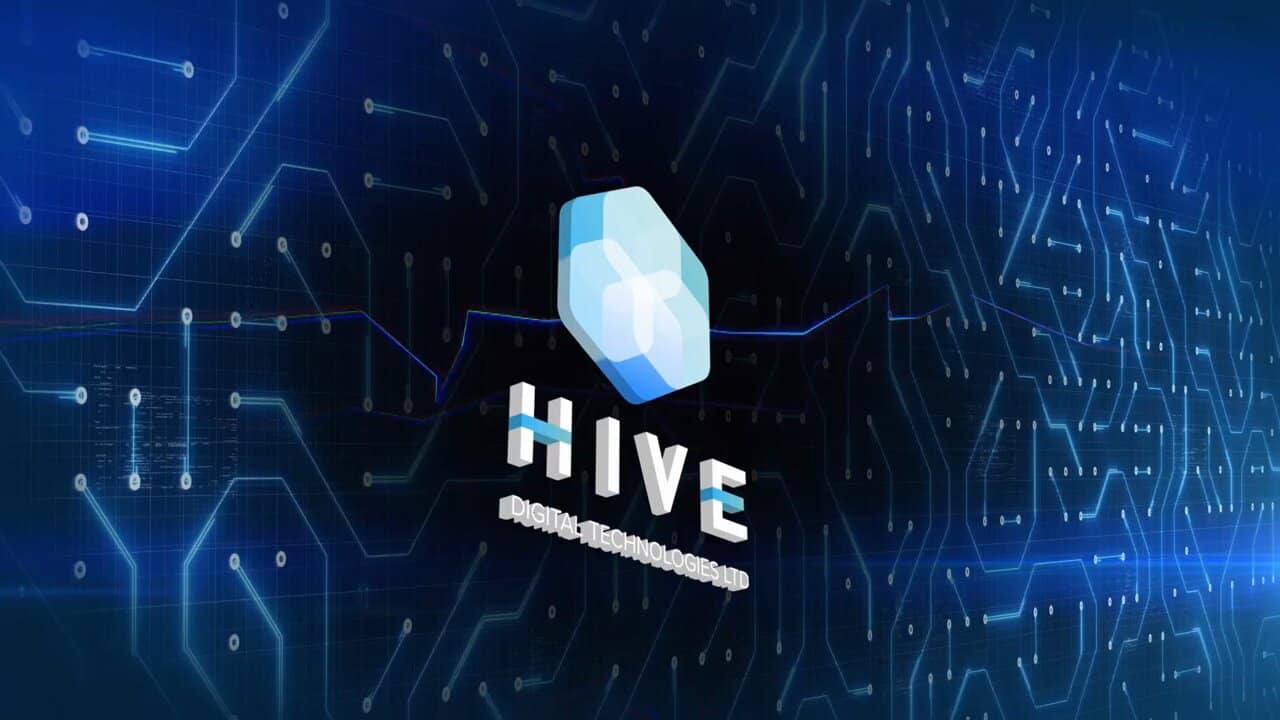
On Tuesday, Canadian Finance Minister Jim Flaherty unveiled Canada’s budget for 2014. Among the items the government is supporting is a half-billion dollars over two years for the Automotive Innovation Fund to help the country’s ailing vehicle industry, $390 million over five years to improve food safety, and $10-million for snowmobile trails.
Tucked into the corner of the budget was an interesting little tech-related tidbit that might end up being the best bit of pocket change the country will spend in 2014.
The Canadian Government announced it will a form a public-private partnership with the newly created Open Data Institute, a group consisting of local Waterloo-based tech stalwarts OpenText and Desire2Learn, along with The Canadian Digital Media Network, the University of Waterloo, and Communitech. This esteemed crew will fork over $3-million in cash and “in-kind contributions” and the government will match that.
So what is the Open Data Institute? The newly minted body says it will work with various government organizations and academic institutions to leverage the power of Open Data, which it says will allow “Canadians to derive greater economic benefit from datasets that are made available by all levels of government.” That’s sort of vague, should we really be earmarking the equivalent value of a well appointed Vancouver condo to this sort of frivolity? In a word, yes.
Open Data isn’t a new idea, but it is gaining momentum worldwide. The movement in its current form aspires to a sort of regimental Linux; its proponents argue that the data generated by governments should be freely available to anyone, especially considering its taxpayers have, in fact, paid for said data.
If Open Data strikes you as long on concept, short on results, you need not leaves the confines of Canada to witness one of the best and most widely cited examples of its relevance. In 2010, public policy expert David Eaves described “…a well documented but little known story about how open data helped expose one of the biggest tax frauds in Canada’s history.”
While it may seem an odd contrast to the NSA-Snowden headlines we see these days, governments as varied as the U.K and Ghana have launched initiatives in recent years, and Canada has made intimations since the launch of data.gc.ca in 2011.
If Open Data strikes you as long on concept, short on results, you need not leaves the confines of Canada to witness one of the best and most widely cited examples of its relevance. In 2010, public policy expert David Eaves described “…a well documented but little known story about how open data helped expose one of the biggest tax frauds in Canada’s history.”
By accessing Canada Revenue Agency records, a colleague of Eaves discovered that the CRA was being duped by fake charitable receipts -in a big way. When all was said and done, it was revealed that sketchy charities were bilking Canadians out of a billion dollars a year. That was .6% of the entire annual budget of the Federal Government, notes Eaves.
In the time since, more than $3-billion in tax receipts claimed by 100,000 Canadians have been disputed or outrightly denied. Two years ago a class action suit against one of the charities, Banyan Tree Foundation, was settled with the organization and three related companies agreeing to contribute to a settlement fund.
While that may seems like a satisfactory result, at least compared to the prospect of ongoing fraud, Eaves argues that if the data had been available for public review earlier the whole thing might never have happened.
“In the computer world there is something called Linus’ Law,” which states: “given enough eyeballs, all bugs (problems) are shallow,” noted Eaves, citing the philosophy of software development named after the chief architect of Linux, Linus Torvalds. He continued. “The same could be said about many public policy or corruption issues. For many data sets, citizens should not have to make a request. Nor should we have to answer questions about why we want the data. It should be downloadable in its entirety. Not trapped behind some unhelpful search engine. When data is made readily available in machine readable formats, more eyes can look at it. This means that someone on the ground, in the community (like, say, Toronto) who knows the sector, is more likely to spot something a public servant in another city might not see because they don’t have the right context or bandwidth. And if that public servant is not allowed to talk about the issue, then they can share this information with their fellow citizens.”
_____________________________________________________________________________________________________________________
Leave a Reply
You must be logged in to post a comment.



 Share
Share Tweet
Tweet Share
Share




Comment